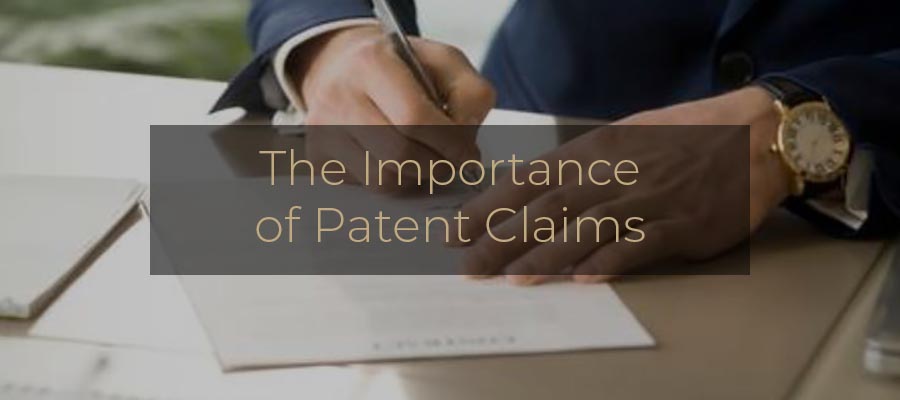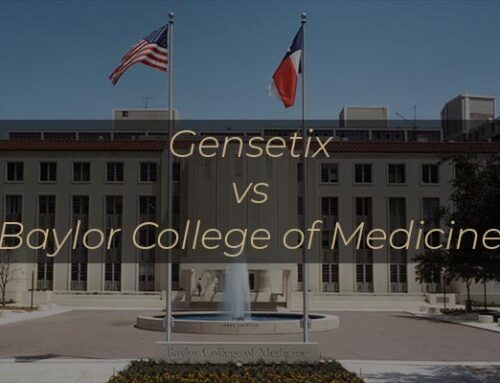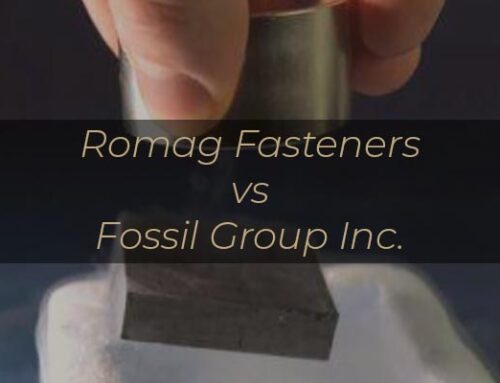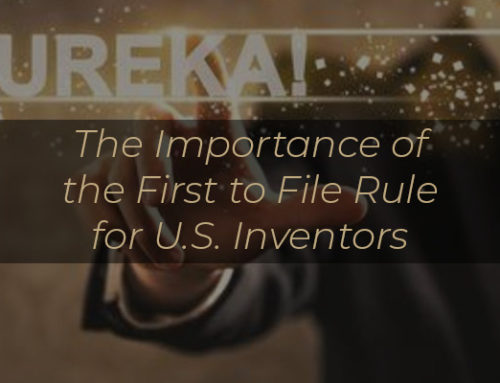The importance of patent claims is the most misunderstood aspect of patent interpretation. What makes a patent so valuable is that a patent grant from the U.S. Patent and Trademark Office provides a limited monopoly, and the scope of the monopoly is based on the ‘claims’ of the patent. As a result, the owner of the patent has the right to stop others from selling products or performing services that are covered by the claims of the patent. As you likely appreciated, this right can be very valuable because it allows the patent owner to control the market for products and services covered by the claims.
A patent is divided into several parts or sections, namely, a specification, drawings and claims. Of these sections, the patent claims are the most important because the claims define the exclusive right granted to the patent owner. The other sections of the patent are there to help understand and add meaning to the claims. Therefore, patent claims are the most important part of an issued patent because it is the claims that control what the patent covers.
Given the importance of the claims, it is easy to understand why special attention should be given to the claims when applying for and negotiating (prosecuting) with the U.S. Patent Office. A skilled and knowledgeable patent attorney who understands the significant value of the claims is very important person to have on your team.
When interpreting claims, a product or process only infringes a patent if each and every element, or step, of the claim is found in the product or process that is accused of infringing. Consequently, claims that contain numerous limitations or steps may be less desirable than a claim that is succinct and short. Similarly, claims that specify narrow ranges or sizes, or which recite a very specific configuration may be less valuable because these claims are considered narrow in scope. Finally, certain terms in patent claims can have vastly different meaning and differing influence on the scope of a claim. For example, the term ‘consisting of’ is considered a narrow term which limits the scope of a claim, while the term ‘comprising’ is a broadening term which does not narrow the scope of the patent claim.
It is highly recommended that anyone applying for a patent, do so through working with an experienced patent attorney, and that the importance of claim scope be discussed with the patent attorney at the time of filing and through out prosecution.








